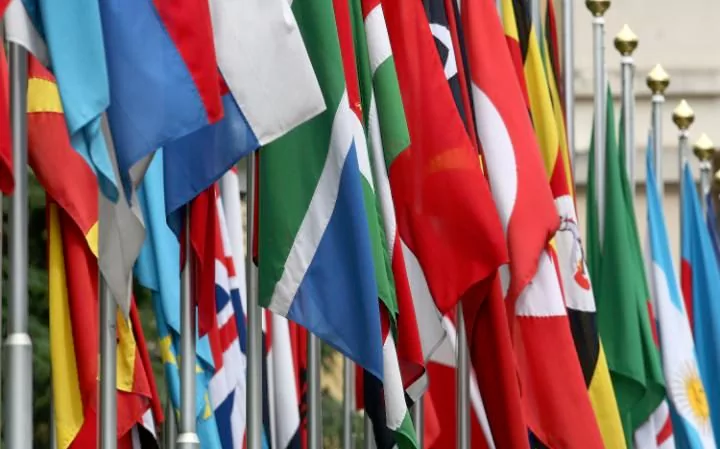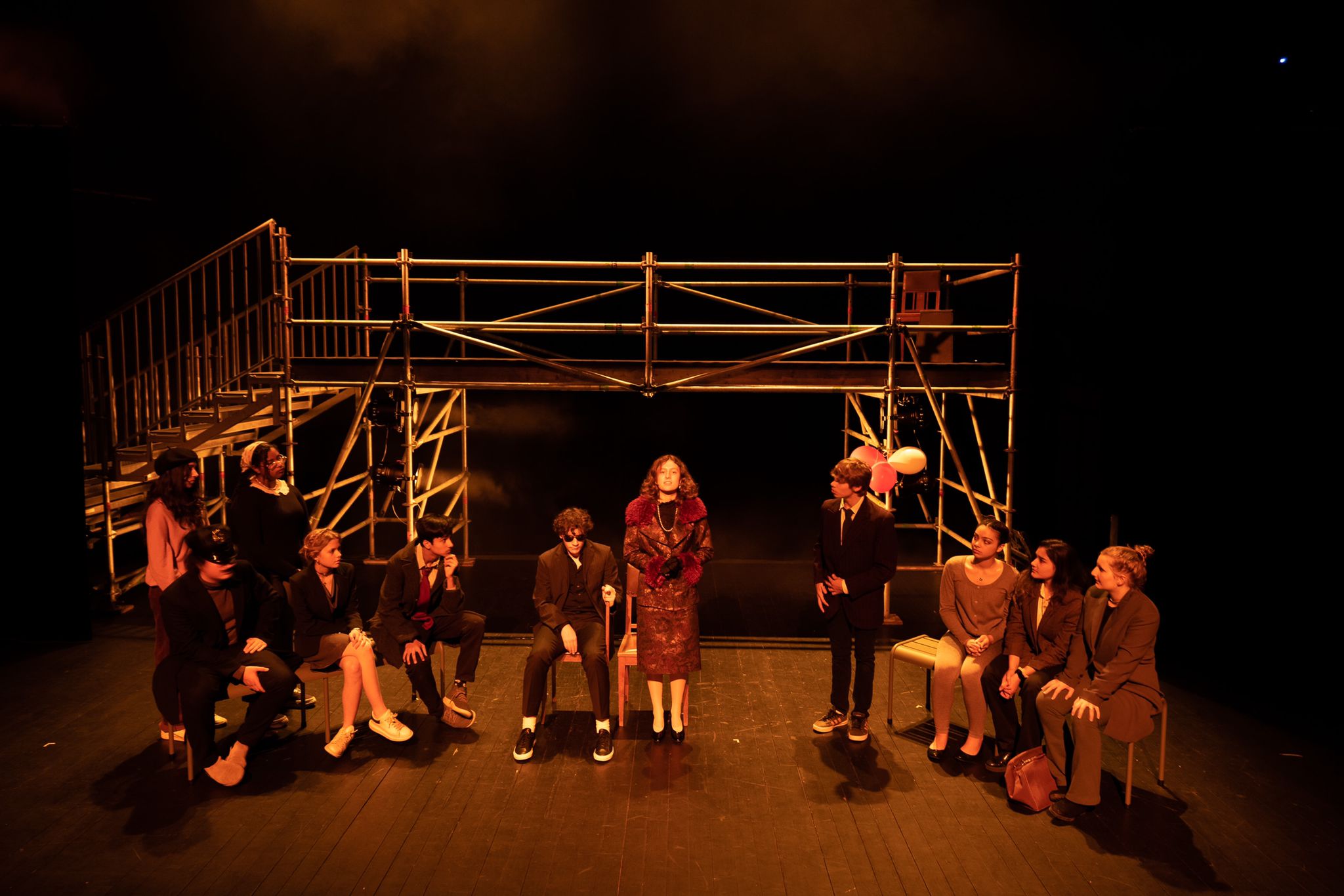By Imaan Khan, Year 12
We are all constantly being reminded of the internationalism of our school, whether it is discussed during assemblies or we just hear it from classmates and teachers. Our school is made up of people from a wide array of backgrounds; we all have a different history and sense of identity which contributes to our uniqueness. However, I would argue that our school community does not live up to the “International” part of its title. I mean, how often do we have school discussions concerning our different countries, ethnicities, traditions and religions? You could argue that, every year, at the Kermesse, there are food stands of different nationalities, and I’m not going to complain about that; I love food. BUT I still think a couple of food stands once a year is not good enough.
Being a student at LGB is an amazing experience, however, I must say I have come across some rather awkward and even ignorant questions that could have been answered with a little education on global awareness or discussions on diversity.
This ranges from people telling me that English isn’t my first language (it is) because I “must come from somewhere different” to saying “you don’t look American” (I am). Why don’t people at our school know the difference between Hinduism (a religion) and Hindi (a language)? Or why do people think a person can be “Arabic” when Arabic is a language…? Why do some people feel the need to interrogate you on “where you’re really from” and not listen when you try to explain? How can a teacher who is doing an exercise which requires listing countries, put Africa as a country without a problem? Why does the standard IB history syllabus focus almost entirely on European history and, on top of that, ignore the negative impacts European history has had on the rest of the world? Where are we supposed to express our opinions and experiences with different cultures? In which lessons are we supposed to discuss our views of the world?
Some students might not have been raised in a community as diverse as the one we have here at our school or might not have been exposed to the beauty of internationalism. Be that as it may, where are they supposed to learn all things related to diversity and open mindedness? Some parents might not be properly equipped to talk to their kids about it, as they themselves might have been raised in a society which was not extremely diverse. Our school is the perfect setting to discuss internationalism. Introducing the topic into everyday school life could be as simple as making it a student led unit of discussion in mentor class. These conversations should be open to the teachers and students alike because there are so many opportunities for learning about our different cultures from each other.



